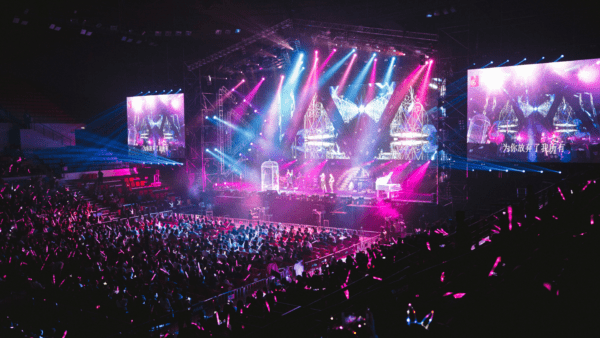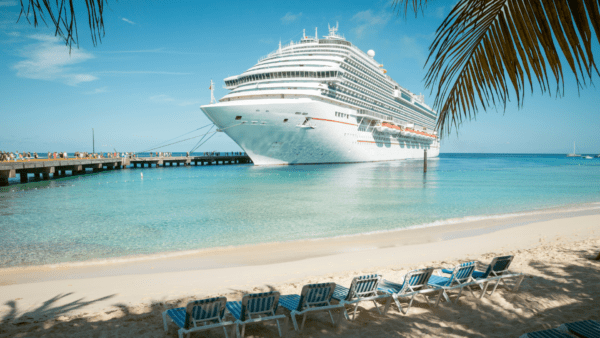
The field of hospitality, tourism, and meeting includes a wide range of professions related to the service industry, travel, and event management. It involves providing services and experiences to customers and guests in various settings, such as hotels, restaurants, travel agencies, cruise lines, and event venues.
Check out our related interviews:
Education
Some entry-level positions may not require formal education, while others may demand specialized degrees or certifications.
To Consider
- A combination of education, relevant certifications, and real-world experience is often the most effective way to establish a successful career in this field.
Examples of Professional Areas (non-exhaustive)
Examples of Professions (non-exhaustive)
Common soft skills (non-exhaustive)
These soft skills, when combined with industry-specific knowledge and technical skills, make professionals in the hospitality, tourism, and meeting industry well-equipped to deliver outstanding experiences and build successful careers in this field (this list is non-exhaustive; note that all skills are not necessarily needed).
Adaptability: The industry can be unpredictable, so being adaptable to changing circumstances, guest preferences, and last-minute requests is essential.
Attention to Detail: Paying close attention to preferences, special requests, and the quality of service is crucial to ensure a positive experience.
Communication Skills: Effective verbal and written communication is crucial for conveying information, understanding needs, and working with colleagues. Clear communication helps ensure smooth operations.
Conflict Resolution: Dealing with conflicts in a professional and calm manner is important for maintaining a positive atmosphere.
Creativity: Creativity can be useful in event planning and marketing roles, where innovative ideas can make events and promotions more appealing.
Cultural Sensitivity: In the global industry, being sensitive to cultural differences and customs is crucial to avoid misunderstandings and offense.
Customer Service: Providing exceptional customer service is at the core of this industry. Professionals need to be attentive, empathetic, and responsive to meet guest expectations and resolve issues.
Emotional Intelligence: Recognizing and managing one’s own emotions, as well as understanding and responding to the emotions of others, helps build rapport and handle situations with sensitivity.
Empathy: Understanding and connecting with the emotions and needs of guests, clients, and/or colleagues is important for creating memorable and personalized experiences.
Interpersonal Skills: Building positive relationships with guests, colleagues, and suppliers is vital. Interpersonal skills help create a welcoming and friendly atmosphere.
Leadership Skills: Managers and supervisors should possess leadership skills to guide and motivate their teams and ensure smooth operations.
Multi-Lingual Skills: Being able to communicate in multiple languages can be a significant asset, especially when dealing with international travelers.
Negotiation Skills: Professionals involved in procurement, contracts, and vendor relations benefit from effective negotiation skills.
Networking: Building and nurturing a network of contacts can be beneficial for career growth and business development.
Problem-Solving: Quick and effective problem-solving is required to address concerns and handle unexpected challenges, such as booking errors or service issues.
Professionalism: Maintaining a professional demeanor, appearance, and conduct is important for building trust with guests and clients.
Stress Management: Managing stress and remaining composed during busy or challenging periods is essential to provide consistent service.
Teamwork: Collaborating well with colleagues from diverse backgrounds is essential for delivering consistent and high-quality service.
Time Management: Efficiently managing tasks and responsibilities, especially during peak periods, helps maintain smooth operations.












